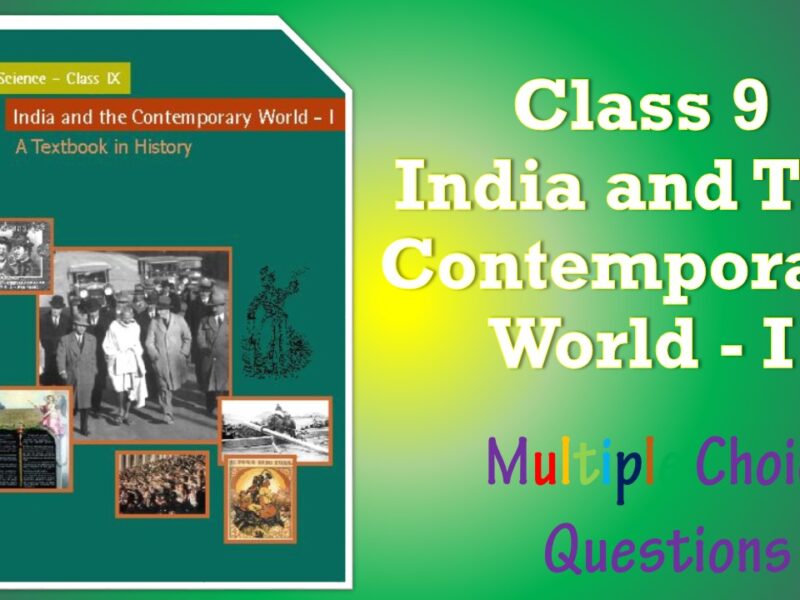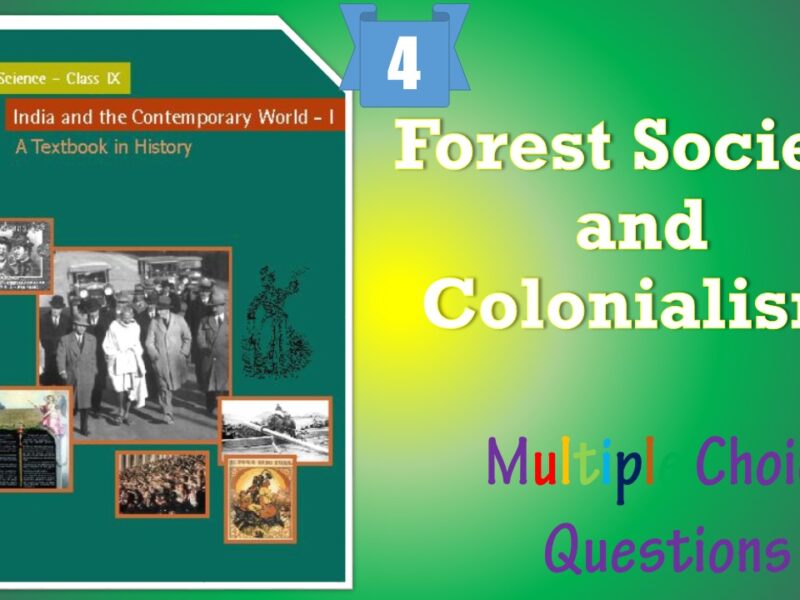CBSE Class 10 Social Science Chapter 4 The Making of Global World Multiple Choice Questions with Answers. MCQ Class 10 History The Making of Global World with Answers was Prepared Based on Latest Exam Pattern. Students can solve NCERT Class 10 History The Making of Global World MCQs with Answers to know their preparation level.
Students who are searching for NCERT MCQ Questions for Class 10 History The Making of Global World with Answers are compiled here to get good practice on all fundamentals. Know your preparation level on MCQ Questions for Class 10 Social Science with Answers. You can also verify your answers from our provided MCQ Class 10 History The Making of Global World with Answers. So, ace up your preparation with MCQ of Chapter 4 History Objective Questions.
MCQ Class 10 History The Making of Global World with Answers - Set - 3
Question 1:
A well-known pioneer of mass production was the:
(a) Car manufacturer General Motors
(b) Motorcycle manufacturer Honda
(c) Car manufacturer Henry Ford
(d) None of the above
Correct Answer – (C)
Question 2 :
Before the war, eastern Europe was a major supplier of:
(a) Rice in the world market
(b) Wheat in the world market
(c) Tea in the world market
(d) None of the above
Correct Answer – (B)
Question 3 :
After the war, Britain borrowed large sums of money from:
(a) China and India
(b) German banks and German public
(c) Russian banks and Russian public
(d) US banks and US public
Correct Answer – (D)
Question 4 :
What did the “Bretton Woods” associated with?
(a) A post-war international system to preserve economic stability
(b) A United Nations Monetary and Financial Conference
(c) A peace settlement
(d) Both a and b
Correct Answer – (D)
Question 5 :
Which of these come under the Allies Power?
(a) Japan, Russia
(b) Britain, Germany
(c) Britain, France, Russia
(d) None of the above
Correct Answer – (C)
MCQ Class 10 History The Making of Global World with Answers
Question 6 :
The US economy resumed its strong growth in the early:
(a) 1920s
(b) 1930s
(c) 1940s
(d) 1950s
Correct Answer – (A)
Question 7 :
When Britain was pre-occupied with war, industries had developed in:
(a) India and Japan
(b) India and China
(c) Japan and Korea
(d) Japan and China
Correct Answer – (A)
Question 8 :
What do you mean by tariff?
(a) Tax imposed on a country’s imports
(b) Tax imposed on a country’s exports
(c) Tax imposed on a country’s income
(d) None of the above
Correct Answer – (A)
Question 9 :
What do you mean by Rinderpest?
(a) A disease
(b) Name of a medicine
(c) A place
(d) None of the above
Correct Answer – (A)
Question 10 :
The concept of an assembly line to produce automobiles is adopted by whom?
(a) Henry Ford
(b) Ramesh Sarwan
(c) T.cuppola
(d) None of these
Correct Answer – (A)
- NCERT Solutions Class 10 History Chapter 1 : The Rise of Nationalism in Europe
- NCERT Solutions Class 10 History Chapter 2 : The Nationalist Movement in Indo-China
- NCERT Solutions Class 10 History Chapter 3 : Nationalism in India
- NCERT Solutions Class 10 History Chapter 4 : The Making of Global World
- NCERT Solutions Class 10 History Chapter 5 : The Age of Industrialisation
- NCERT Solutions Class 10 History Chapter 6 : Work, Life and Leisure
- NCERT Solutions Class 10 History Chapter 7 : Print Culture and the Modern World
- NCERT Solutions Class 10 History Chapter 8 : Novels, Society and History
- NCERT Solutions Class 10 Social Science India and the Contemporary World II Textbook



